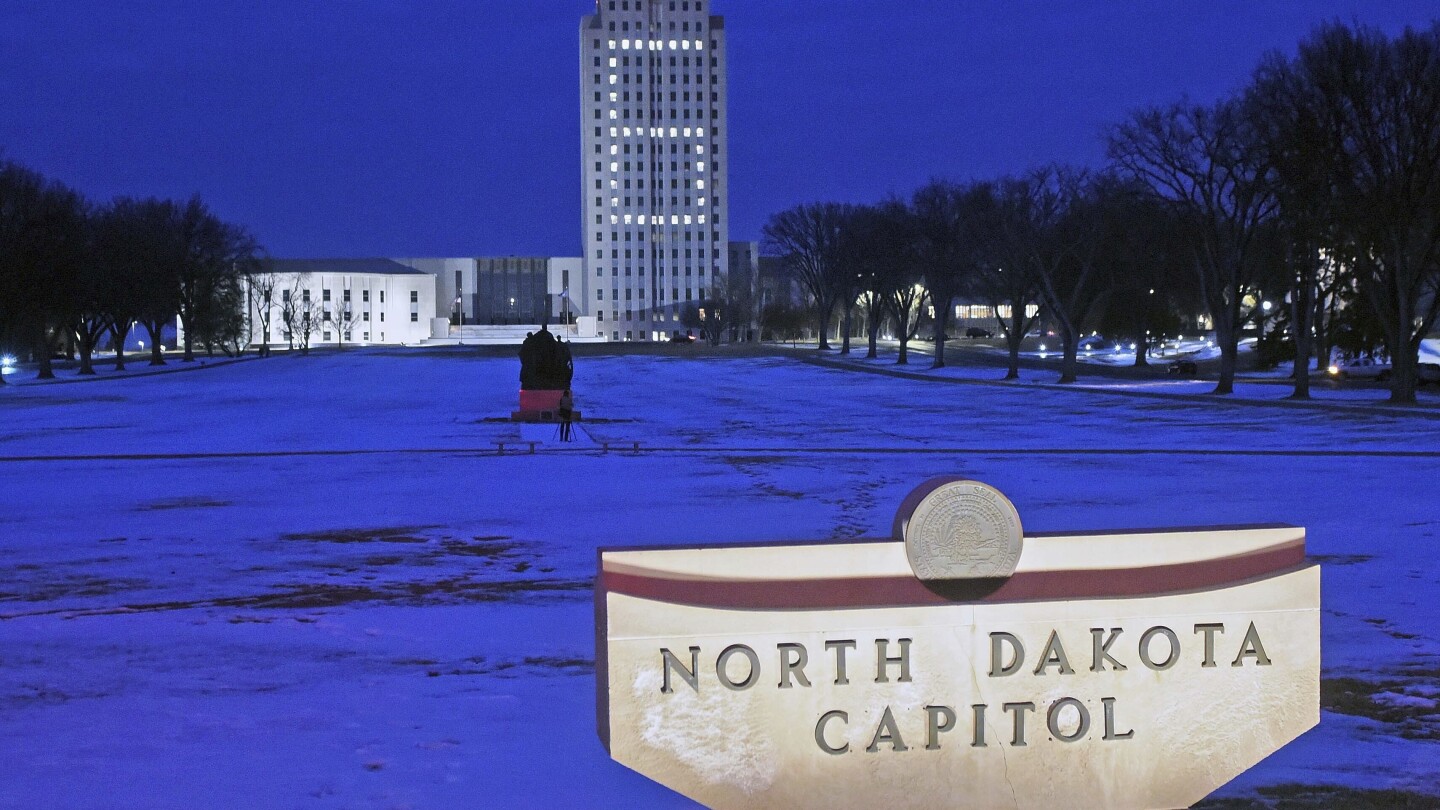North Dakota voters will decide this fall whether to eliminate property taxes in what would be a first for a state and a major change that officials initially estimate would require more than $1 billion every year in replacement revenue.
Secretary of State Michael Howe’s office said Friday that backers submitted more than enough signatures to qualify the constitutional initiative for the November general election. Voters rejected a similar measure in 2012.
Property taxes are the base funding for numerous local government services, including sewers, water, roads, jails, deputies, school building construction and teacher salaries — “pretty much the most basic of government,” said North Dakota Association of Counties Executive Director Aaron Birst.



How are they a better tax? I may be completely wrong and lacking basic understanding of the concept of property, possession, and ownership, and am very open to correction, if my thinking is wrong.
I think the concept of a general property tax, at least one that doesn’t have a minimum threshold, makes less sense than just increasing income tax, sales tax, luxury tax, etc., or at least reclassifying “property tax” as a luxury tax, if that is what property ownership actually constitutes. A millage tax on land or buildings smaller than what is considered necessary for a person to shelter in, in an area not reserved for non-residential use, is effectively a poor tax on what ought to be a basic human right - the right to exist under shelter without being driven out. It makes the state effectively no better than any private landlord, at least in cases of real estate. You can see this in practice as property taxes increase in gentrifying neighborhoods as their perceived value rises. It forces out poor homeowners and families who may have been established there for generations in sensible non-extravagant housing, but are no longer able to afford to pay the tax needed to maintain that “ownership.” In that sense, they do not actually own what is supposedly real property.
In my state, there is also a property tax on vehicles, chattel by definition, and the way it is set up doesn’t seem right to me. For instance, if I buy a car, I have no problem paying a one-time sales tax, ongoing registration fees and tolls for use of public infrastructure, taxes on fuels that cause damage to the environment; all these seem perfectly reasonable to me for the privilege of living in a society that provides me a high quality of life. Even a luxury tax seems reasonable, since there is at least some very basic public transportation in my area and it truly is a “luxury” to not have to walk 10 minutes to the nearest bus stop, wait 15 minutes for the next bus, and then take many times longer for the bus to get to my grocery store than a car or even a bike would take.
But the very idea that I have an ongoing tax every year on “property” I maintain and continuously use while it steadily depreciates, nullifies the concept of individual property and ownership, since I don’t have any right to keep the thing I supposedly bought and own if I don’t continue to pay the property tax. It is now effectively owned by the state and I am just renting its use. If that is an intended use limitation that society agrees to impose, so be it, but it shouldn’t be considered “owned” by the individual. Or else, what is the point of the word at all if it doesn’t mean the right of possession without forfeiture? In areas where there is no public infrastructure where a vehicle is necessary, it even seems like an infringement on freedom of travel/movement.
If the idea is to prevent hoarding of resources that aren’t being expressly used, or whose use is a burden on society and therefore ought to have some offsetting tax that benefits society commensurately that seems like a great idea in principle, but that limitation can be done in other ways that are consistent. For examples, luxury, inheritance, or estate transfer taxes; or, adverse possession laws that already do exist and require an owner to assert and demonstrate ongoing use and maintenance of real property, lest it be ceded to someone else who is actually making use of it. These even apply to chattel in many cases.
The short answer is economic efficiency - when we tax land we’re not discouraging useful behavior. Any other tax also reduces your income and in doing so undermines your ability to meet your basic needs while also adding more friction into the economic system that you use to do so.
It’s math, Skippy.
I guess I have a lot more to read about it, those terms don’t seem like justification to me (yet). I’m starting with the following and their references and taking suggestions:
1
2
3